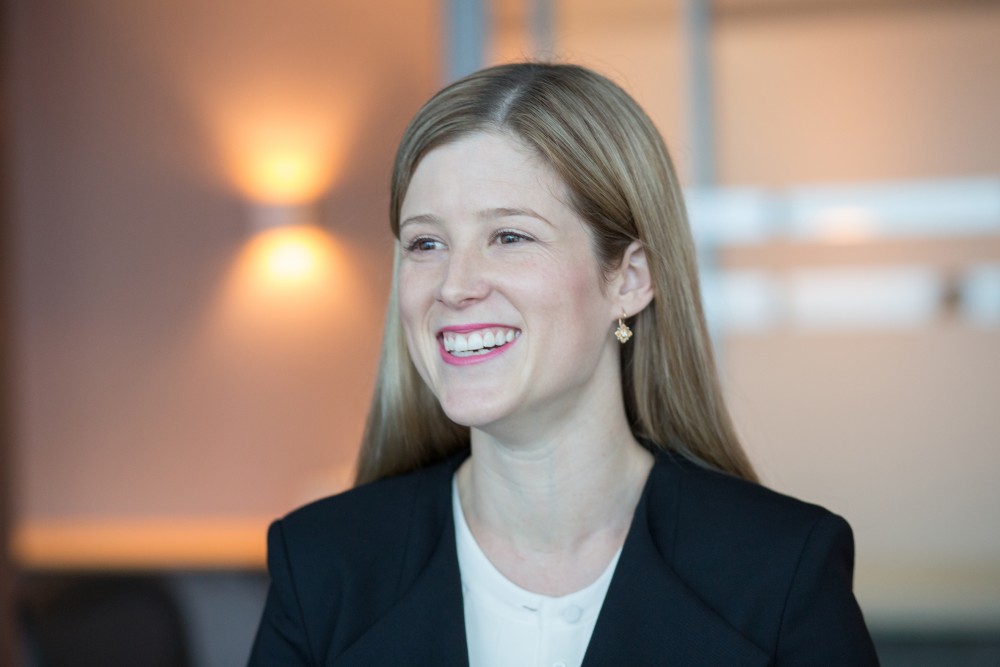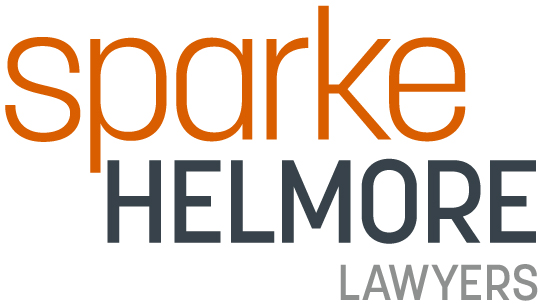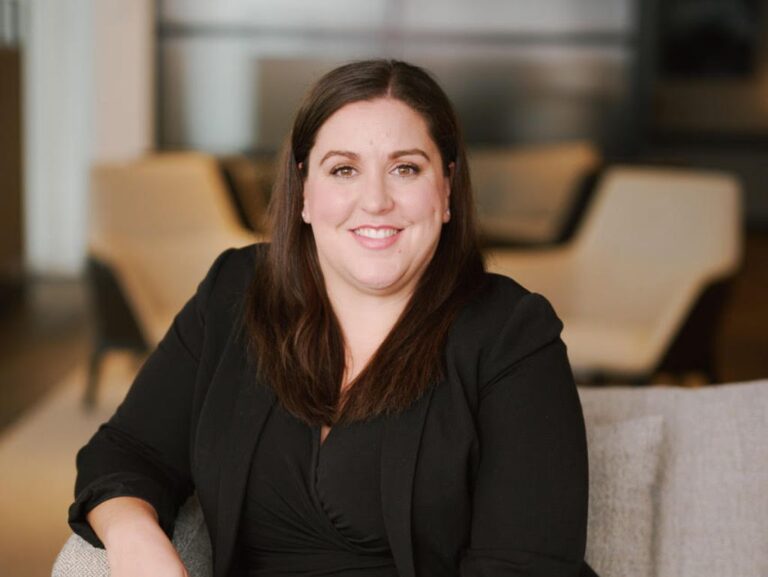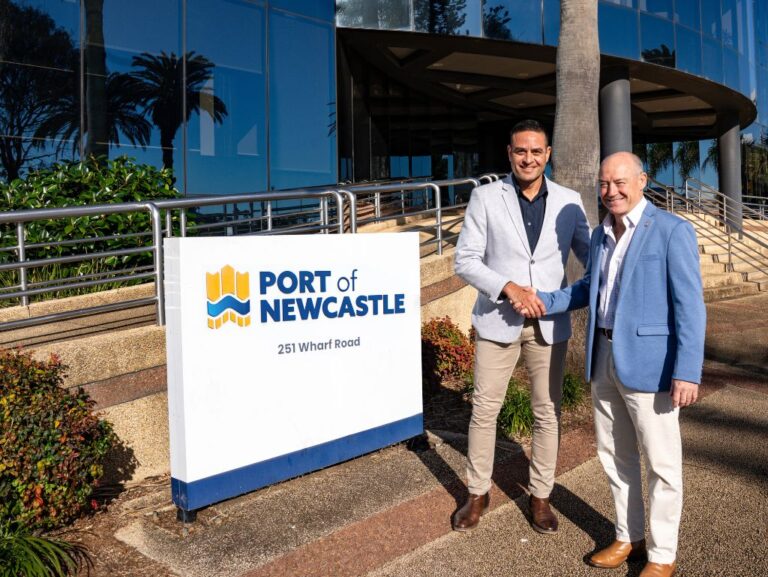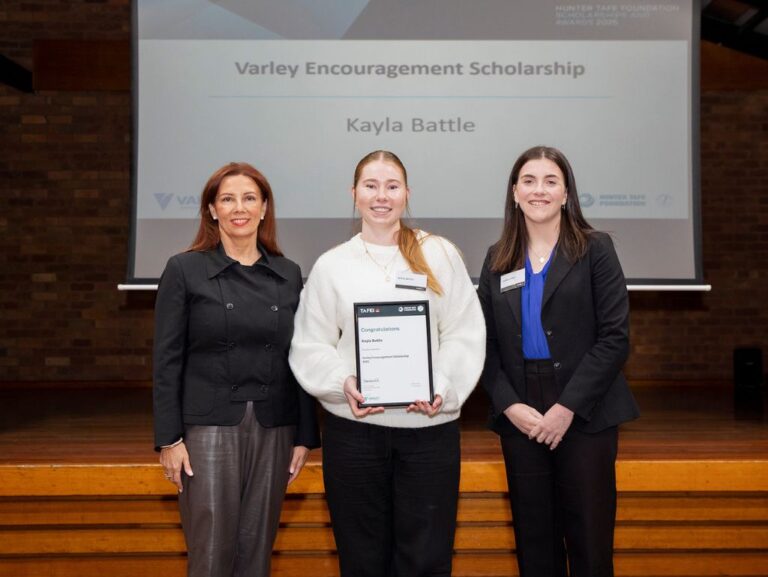Sara Rayment is a Senior Associate in the Commercial and Projects team at Sparke Helmore Lawyers. She specialises in cross-border contracts, international arbitration and complex corporate and commercial disputes.
In 2015, Sara was appointed as delegate to the United Nations Commission on International Trade Law (UNCITRAL) and has attended working groups at the United Nations in Vienna and New York as part of her role as delegate.
Sara is also a lecturer at the University of Newcastle, where she teaches commercial dispute resolution focusing on international arbitration and investment law.
- What career path led you to where you are now?
I’ve always had an interest in international law, the logistics of transnational corporations and globalisation, which is why I chose to study a Bachelor of Business and a Bachelor of Laws at the University of Newcastle. After obtaining my degrees, I accepted a position with King & Wood Mallesons, where I became known for my business style of writing and commercial approach to disputes. A partner at the firm suggested international arbitration might be an area of law that would suit my skills and interests, so I attended some lectures at the University of Sydney to learn more and, as predicted, found it fascinating. In 2010, my application was accepted to the Master of Laws program at Queen Mary College (School of International Arbitration) at the University of London.
Since I began specialising in international arbitration and investor state disputes, I have acted in arbitrations governed by a range of laws including England, New York, Hong Kong, Singapore and Papua New Guinea. I have provided advice to both state and non-state parties about international investment law claims under bilateral and multilateral treaties.
I joined Sparke Helmore in Newcastle because I really wanted to base myself somewhere with a strong international trade economy, and to grow my practice at a law firm with a leading disputes team as well as partners who support their staff and provide a work environment of the highest standards of professionalism and integrity.
- What motivates and drives you?
I love a challenge, especially one that requires strategy, and this is central to cross-border disputes. If you think of standard litigation as a game of chess, then international arbitration is a game of three-dimensional chess—with various moving pieces to consider and constantly re-evaluating your next move. More than anything, I enjoy working with an exceptional team of professionals and witnessing the successful results that can be achieved.
- What has been your biggest learning curve in your career?
The biggest learning curve of my career to date has been my appointment as delegate for LawAsia to UNCITRAL for Working Group III, which focuses on online dispute resolution. As one of the youngest delegates in the room, I definitely felt intimidated at times and wasn’t sure what to expect. I wondered if I would be taken seriously and, more so, if I would be able to come up with something relevant to contribute when the working group sessions began. I quickly discovered the United Nations community is incredibly welcoming and making connections wasn’t an issue. My proposals received support from observer and state delegations and I was invited by the Secretariat to contribute to contentious issues on a number of occasions. Working together with several state delegations, including the former Attorneys General and Solicitors General, I received invaluable mentoring in international diplomacy, which was an enormous but immensely rewarding learning curve.
- Where would you like to be in 10 years?
I’m thrilled that Newcastle is now a United Nations city and that UNITAR’s Centre for Disaster Preparedness and Risk Reduction will be based at the University of Newcastle. It will be a centre of international trade and innovation, as well as a hub for exchanging ideas and setting global standards for disaster management.
I’ve been incredibly lucky to have had the opportunity to work in some of the world’s top cities, but I will always come back to Newcastle. So, I see myself based in Newcastle working on international cross-border disputes and assisting my clients manage cross-border risk.
I also really enjoy lecturing at the University of Newcastle, so I hope to stay involved with the law school, teaching dispute strategy to up-and-coming lawyers.
- Have you had any significant Hunter-based mentors during your career that inspire you?
At Sparke Helmore, I have benefitted from mentoring by several partners as a participant in firm programs designed to support professional staff in achieving their goals. These include the womens’ initiative, Six Degrees, led in Newcastle by Partner Catherine Wilkinson as part of Sparke Helmore’s diversity program.
I am a former mentee of the Lucy Mentoring Program, which facilitates women’s career development by providing opportunities for participants to build relationships with, and learn from, women who are leaders in their respective fields. This year, I’ve signed up to be a mentor in the Lucy Program—along with other colleagues from Sparke Helmore—so I can pay it forward.

